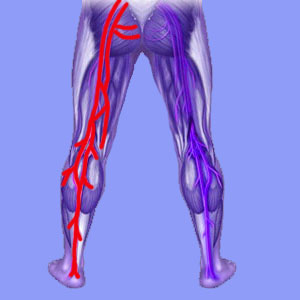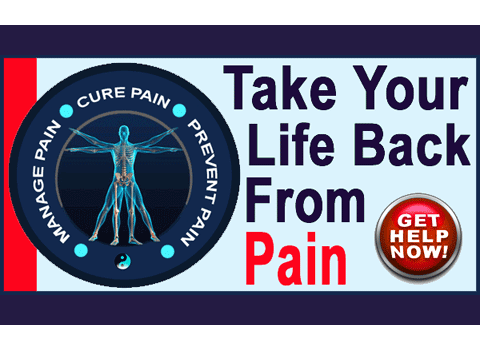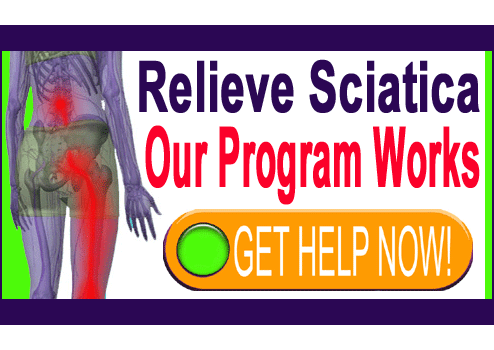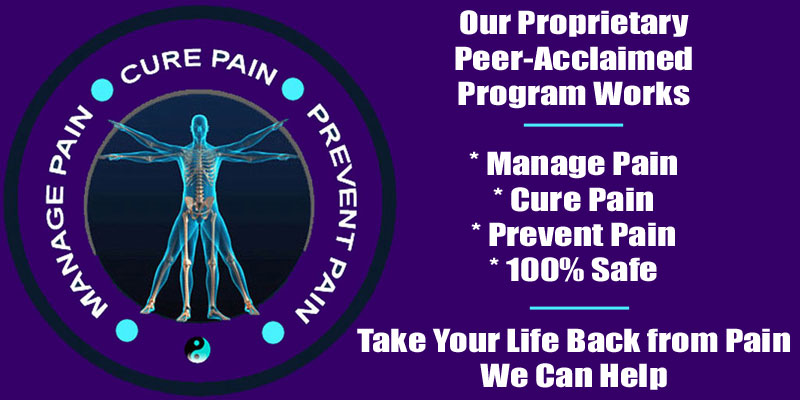
Sciatica nutritional supplements are marketed in mass quantities to desperate patients, but most provide little hope of imparting relief. One of the questions we regularly receive is: “What are the best nutritional supplements for sciatica?” In order to provide a comprehensive answer, we have dedicated this patient guide to explaining the benefits and drawbacks of the most common supplements used by sciatica sufferers for symptomatic relief.
Nutritional supplements are not sold as treatments for specific conditions. Instead, they are basically sold as food items according to the law and should not be confused with medicine. The nutritional supplement industry is huge and profitable, generating untold fortunes for big companies who take full advantage of sciatica’s treatment-resistant nature to sell their products to patients who have tried everything else unsuccessfully. However, how effective are these supplements?
This discussion focuses on explaining the use, limitations and advantages of nutritional supplements for sciatica treatment.
Using Sciatica Nutritional Supplements
Nutritional supplements tap into the desire to improve sciatica symptoms through natural and holistic means. They are ideal for people who distrust traditional medical care, with its pharmaceutical obsession and surgical aspirations. Supplements can certainly be beneficial to health, helping to balance the diet and provide all the nutrients that any person can need. However, for people who already live healthily and eat well, they might be completely unnecessary, since a quality diet will already provide all the nutrition any person requires.
Most patients cite desires to improve nerve function or improve the bones in their spine when taking nutritional supplements. In a few instances, supplements have been recommended or even prescribed to them by their caregivers, often when the care provider just happens to sell the supplements directly as a lucrative source of additional income.
Common Nutritional Supplements for Pain
There is no way to account for every possible nutritional supplement for sciatica. New claims of efficacy are always being developed, helping to sell an ever-growing diversity of products, including any of the following key ingredients:
Vitamins are always featured in most nutritional supplements. Vitamin B12, also called cobalamin, is usually the star, as this nutrient is necessary for proper nerve function. Vitamin D, also called chorecalciferol, is often included to build a strong and healthy spine. Vitamins A, C, and K are also common ingredients in many sciatica supplements.
Minerals are also commonly found in many supplements and focus on calcium and magnesium which are needed for ensuring healthy bones and muscles respectively.
Glucosamine and chondroitin often part of the mix, since these have a long historic association with back pain treatment and a healthy spine.
Protein is also a common ingredient, usually in the form of specific amino acids, since these are deemed crucial for proper nerve and muscle functionality.
Particular herbs might be included with a wide range of claimed health benefits.
Commentary on Sciatica Nutritional Supplements
Most people who develop sciatica do not rush off to buy nutritional supplements. Instead, they go to see a doctor, chiropractor or physical therapist and often get involved in long-term and unfruitful treatment. Sciatica is well known as a condition that scoffs at most traditional care practices. This fact tends to make sciatica sufferers search far and wide for any hope at enjoying relief.
With time, a great number of patients get around to investigating natural methods of sciatica care, which inevitably brings them around to considering nutritional supplements. This makes these people ideal marketing targets for the wealthy companies who make these products and market them to such states of desperation.
Many people read articles telling that proper nerve function is dependent on a quality diet, which is true. However these same articles are typically marketing pieces designed to sell products. They exaggerate claims of efficacy and make broad generalizations about causes of sciatica pain that rarely actually apply to patients in developed countries.
Now, we have no problem with the idea of taking nutritional supplements. These dietary additives can be healthy, but should be taken for general wellness reasons and not to provide false hope for curing a virulent condition like sciatica. In virtually all cases, patients who invest in nutritional supplements do not find them to be effective for relieving pain, which is logical, since most sciatica is not motivated by any type of nutritional deficiency. Therefore, we strongly caution patients to take supplements because of the desire to improve overall health, rather than to treat their pain specifically, since little evidence exists linking sciatica relief to any nutritional supplement on the market today.
Sciatica > Sciatica Products > Sciatica Nutritional Supplements





